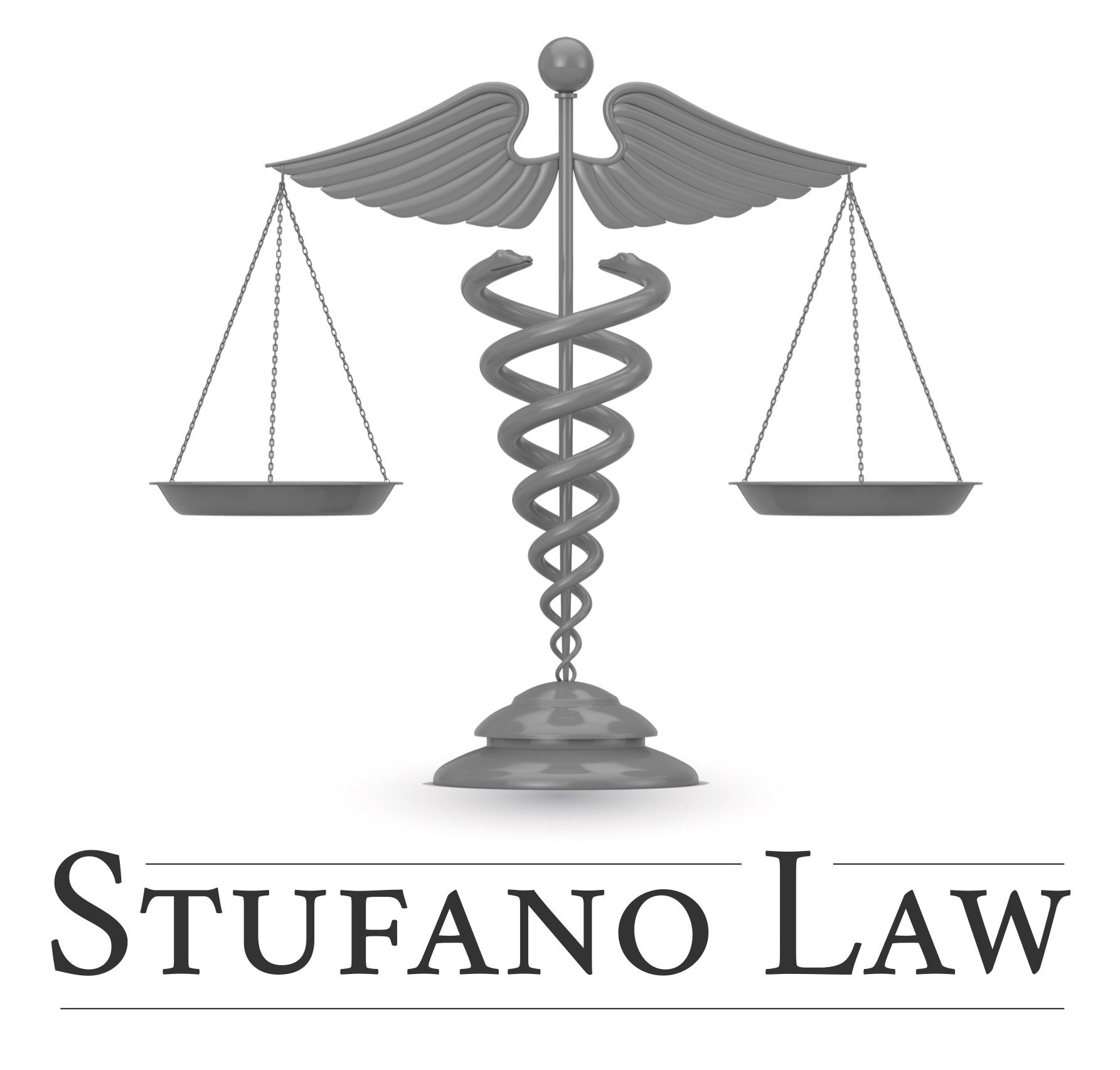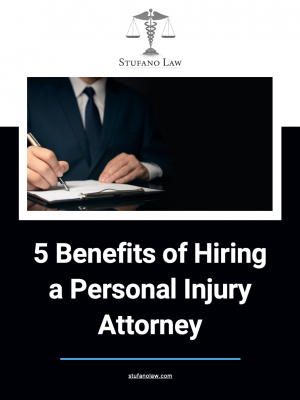According to the National Highway Traffic Safety Administration, in 2019, there were 14.2 million motor vehicle crashes in the United States. Car accidents are a leading cause of death and admittance into hospital emergency rooms every year. According to the Centers for Disease Control and Prevention (CDC) in 2020, around 41,000 people lost their lives in car accidents. That means that every day that year, 110 people died in car accidents. Injuries from crashes are far higher. In 2020, 2.1 million people required treatment in emergency rooms after a crash. There are several types of injuries that one can sustain in a crash, including injuries to the head. Head injuries from car accidents can be minor but they can also be disabling and, in some instances, deadly. After a crash, it is normal to have questions about one’s rights and what steps to take to secure financial compensation for losses. If you would like to meet with a Yonkers personal injury attorney to discuss your case, call Stufano Law at (914) 752-7746 and schedule a free consultation to learn more about your legal rights.
What Is a Head Injury?
A head injury may be any type of physical trauma to the head. Sometimes head injuries are minor and slight lacerations or bruising to the skin take place. Other times head injuries are more serious and involve the brain. Head injuries can adversely impact the health and well-being of both children and adults who sustain them. Violence, falls, and sports injuries are all ways that head injuries can happen, but Johns Hopkins Medicine indicates that it is car accidents that cause the most reportable head injuries every year.
Types of Brain Injuries
The National Institute of Neurological Disorders and Stroke (NINDS) defines traumatic brain injury (TBI) as an injury when either force or a blow to the head or body damages the brain or if an object pierces the skill and injures the brain. TBI is a term that encompasses a broad number of brain injuries. Brain injuries can be confined to just one area of the brain, which are called focal brain injuries. Brain injuries can also be widespread in multiple areas of the brain, called diffuse brain injuries.There are two different types of TBIs.
Closed Brain Injury
When the head is impacted, it damages the brain without the skull being penetrated. Usually, this happens when the force that is applied to the body or the head results in a violent thrashing or back and forth of the head and neck which shakes the brain inside the skull. As the brain quickly and repeatedly smashes into the skull, the tissue can be damaged. Brain tissue and blood vessels can be bruised and torn.
Penetrating Brain Injury
When the impact to the head penetrates through the skull it creates an open wound where the brain is harmed. This type of TBI typically only causes damage to one part of the brain. The skull can be pierced by bullets, shrapnel, weapons, or even bone fragments.
Primary vs. Secondary Brain Injury
When a primary brain injury happens, significant damage to the brain takes place right after impact. A primary brain injury can result when a car accident causes shards of glass to cut into the head and penetrate through into the brain. Primary brain injuries occur suddenly and cause immediate injury.
Secondary brain injuries are those that occur when the changes to the brain happen gradually, rather than instantly, after the initial head trauma takes place. The time it takes for secondary brain injuries to unfold can range from hours to even days. Ischemia, a condition in which the brain receives insufficient blood blow, is an example of a secondary brain injury.
Conditions and Symptoms That Can Result From a Brain Injury
Head injuries from car accidents can affect a person’s entire life, as can many other car accident injuries. A number of different types of disease conditions and symptoms can result from even the mildest of brain injuries. When brain injuries are severe, the extent of damage and harm can be significant, if not deadly. Individuals who suffer brain injuries after a car accident may be able to take legal action and recover financial compensation for the harm that they endured. Personal injury cases can be complex, but a personal injury attorney at Stufano Law may be able to speak with car accident victims and help them understand what options may be available for financial recovery.
The effects of brain injuries are wide ranging according to Johns Hopkins Medicine. Consider the following effects of brain injuries.
Cognitive Issues
Cognitive issues relate to conscious intellectual activity. These activities include things like thinking, remembering, and reasoning. Cognitive issues that may arise from brain injuries include:
- Memory issues and confusion
- Coma
- Problem-solving and judgment issues
- Decreased attention span
- Inability to follow instructions or understand them
- Amnesia
Motor Deficits
Because the brain tells the body what to do, brain injuries can also have a significant impact on the body, such as causing motor deficits. These deficits are related to motor function, movement, and coordination and can be in one or multiple parts of the body. Brain injuries may cause motor deficits such as:
- Paralysis
- Inability to balance
- Reduced endurance
- Tremors
- Issues swallowing
- Poor coordination
- Unexpected and uncontrolled motor movements
- Spasticity
- Overall body weakness
Sensory Deficits
Head injuries may also cause sensory deficits, or reduced ability to feel sensations. In some cases, these sensory deficits may impact motor deficits, as the lack of sensation may make movements less precise and more uncontrolled. Head injuries may contribute to the following sensory deficits:
- Vision, smell, touch, feeling, taste, or hearing changes
- Loss of sensation
- Heightened sensation in different parts of the body
- Vision problems and deficits
- Left or right-side neglect
- Confusion over limb location
Communication Deficits
Communication deficits may impair a person’s ability to receive, send, comprehend, or process various forms of communication. These deficits, like the others, may be very frustrating to the victim. Communication deficits that may result from head injuries include:
- Problems understanding speech and speaking
- Problems with vocabulary
- Problems with reading or writing
- Difficulties making coherent sentences
- Problems working with numbers
- Inability to identify objects or figure out what they do and how they work
- Loss of ability to perform ordinary actions
- Slowed speech
Social Deficits
Social deficits, or struggles with social skills, are a common issue after a head injury. They can become worse when the individual is feeling strong emotions, such as anger or excitement. Some of these social deficits might include:
- Inability to interact with others in meaningful ways
- Inability to build or maintain personal relationships
- Problems in understanding or responding to social interaction nuances
- Decreased social capacity
Functional Deficits
Functional deficits are related to many of the skills for daily living that most people take for granted. A head injury can cause an individual to need assistance from others just to handle basic daily living tasks such as:
- Inability to operate machinery including driving an automobile
- Problems engaging in everyday tasks like shopping or paying one’s bills
- Challenges taking care of one’s self with activities of daily living (ADLs) like bathing, cooking, and eating
Regulatory Changes
Regulatory changes encompass a variety of changes in the brain and body that regulate various functions, such as sleep, eating, and waste elimination. Some of these changes may include:
- Intense lethargy and fatigue
- Dizziness
- Headache
- Changes in eating habits
- Changes in sleep patterns
- Bladder and bowel control issues
Psychiatric Changes
A head injury may worsen existing mental health conditions or cause new symptoms. These injuries may also cause other psychiatric changes, including:
- Diminished motivation
- Irritability
- Apathy
- Anxiety
- Great sadness and depression
- Erratic sudden behaviors
- Inappropriate sexual behavior
- Anger and aggression
Traumatic Epilepsy
When chemical disruptions and changes in the composition of the brain occur, traumatic epilepsy is a psychiatric disorder that can result. This condition can cause seizures that can transpire immediately after an injury or over time. Both partial and major seizures can happen.
Speak to a New York Car Accident Attorney Today
Head injuries from car accidents can be minor, but they can also change a person’s life forever. Head injuries can be disabling, diminish one’s quality of life, and can cause death. If you suffered a head injury in a car accident, you may be entitled to financial compensation. If you would like to have your accident experience reviewed, you may call (914) 752-7746 to speak with a lawyer at Stufano Law.





